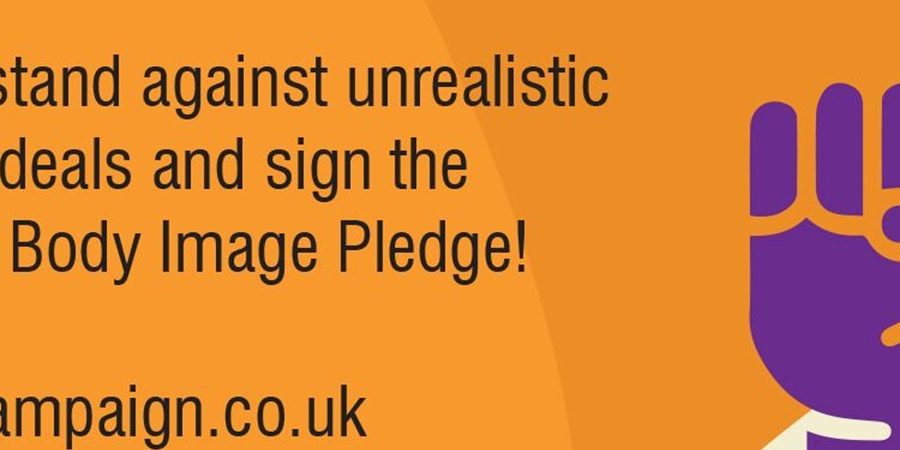YMCA Newcastle are supporting the Be Real Campaign by taking a stand against unrealistic body pressure! The Be Real Campaign has launched #IPledgeToBeReal asking the nation to fight against unrealistic beauty standards by signing up to its Body Image Pledge.
Research carried out by YMCA, In Your Face, found that half of young people have been bullied about the way they look. Two fifths of these experienced bullying at least once a week and for most people experiencing this bullying, it started by the age of ten years old.
Although young people get bullied for a range of reasons, size and weight are the focus. Being considered as overweight was the most common reason why young people reported being bullied about their appearance. In addition to weight, people’s body shapes were also a primary focus of the bullying with 12% of young people having been bullied for it. More than one in 10 young people reported being bullied for not wearing the latest trends or brands, and 6% reported being bullied for wearing clothes deemed inappropriate to their peers.
While social media adds a new dimension to bullying, traditional forms still prevail. Nearly nine in 10 of those who had been bullied about their appearance experienced verbal abuse. Of those young people who had experienced bullying based on their appearance, more than one quarter (26%) were cyber bullied. Four in five young people who had experienced bullying related to their appearance did so in school or college. More than half of young people who had experienced this bullying say it had come from either their acquaintances or peers (53%) or their friends (51%).
The most significant impact this bullying has on young people is on their mental wellbeing More than half of young people who had experienced appearance-based bullying said they became anxious and a quarter said they became depressed as a result. Three fifths of young people took action to change their appearance as a result of the bullying they received. The most prominent focus being to change their size and body shape, with almost a quarter of young people dieting and nearly a fifth doing more exercise.
Despite the impact of the bullying, young people are suffering in silence One in five young people who experienced this bullying did not speak to anyone about it. When they did, parents and carers were the groups they turned to most often. More than one in five of those who did not speak about the bullying said it was because they did not think they would be taken seriously.







